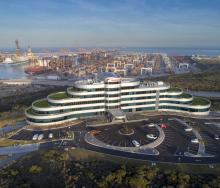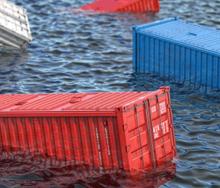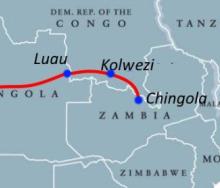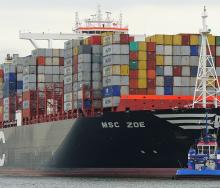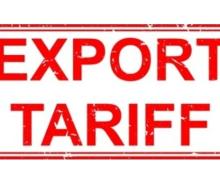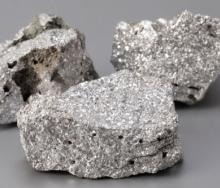Despite headwinds from various quarters, South Africa’s citrus industry is successfully marketing and moving local fruit to take the game to its biggest competitor, Spain – in its own backyard.
This is after excessive rain in the European Union’s biggest source of citrus stopped fruit production in leading growth areas like Seville, where second-season varieties are only beginning to reach shelves.
According to Miguel Sanz of producer and distributor Naranjas Miguelito in Gines, Seville, although Spanish Navelinas were still available at the end of October, November saw stiff competition from imported fruit, including South African citrus.
"In my opinion, several factors have been at play this year," he told Fresh Plaza.
"The first is that there has remarkably been more interference than in other years from our own traders, who have bought a lot of South African oranges. In fact, on December 27, in the middle of the Spanish season, I went to a supermarket in Seville and saw a Spanish brand – specifically Valencian – selling oranges from South Africa at a price of €2.5/kg.”
This huge gap between prices at source and those of the final product is another of the problems that marketers themselves are causing.
“Sales are not going smoothly and the fruit is not being sold at the expected rate," said Sanz.
"Besides, this year, average Navelina sizes have been smaller due to a lack of irrigation, and many growers have been selling their fruit at low prices, bringing market prices down."
Climate constraints in Spain also opened the door to Valencias from Egypt.
Sanz said apparently, a new shipment of oranges had arrived in Valencian ports last week.
“Many people in the sector are very disappointed with the behaviour of many big Valencian citrus brands. Because those who are importing oranges against which we are unable to compete, instead of investing in Spanish products, are colleagues from our own country.
“I don't understand why Valencian growers are not there in the port protesting against this competition, doing what, for example, French growers would have done."
He added that the cheek of Spanish importers relying on bringing Egyptian fruit into an area that lent its name to Valencias, came at a time when it was expected Spain would do better against stiff competition, especially Egypt.
Whereas initial indications were that the North African country would be decreasing shipments to the EU by as much as 35%, Spanish growers and distributors “are just surviving”, said Sanz.
"This follows two very bad years – one in which we had a very limited production, and the other, in which neither the harvest nor prices were good. Given this situation, if the good years are not excellent and campaigns don't turn out as we hoped, we won't be able to cope for much longer.”

